On Monday (November 10) when a car explosion ripped through Delhi near the iconic Red Fort, condolences flew in fast from all across the world. Leaders and diplomats across the globe expressed deep sorrow and solidarity with India, which claimed at least 12 lives and injured many others.
Even the United States, an ally of India, expressed grief over the explosion, extending their “thoughts and prayers” to the families of those affected.
And a day later when an explosion struck the capital of Pakistan, killing 12 people, Washington once again extended its condolences — but this time expressing solidarity “against terrorism”.
However, many have pointed out that though the US condolence to India and Pakistan are similar, they tell a very different story.
We explain further.
The Red Fort blast in Delhi and US reaction
On Monday evening as officegoers returned home from work, a car, now identified as a Hyundai i20, exploded near the gate of the Red Fort metro station, killing 12 people and injuring many others. Authorities quickly rushed to the spot with the Capital’s Police Commissioner Satish Golcha telling reporters that “a slow-moving vehicle stopped at a red light — an explosion happened in that vehicle, and due to the explosion, nearby vehicles were also damaged”.
Soon after the explosion, world leaders condoled with India, expressing grief over the lives lost. However, conspicuous in their condolences was the United States.
A day later, the US embassy in India posted a message on X, which read: “Our hearts are with those affected by the terrible explosion in New Delhi. We continue to closely monitor the situation. Our sincere condolences to the families who lost their loved ones. Praying for the speedy recovery of those injured.”
Moreover, newly-appointed US Ambassador Sergio Gor also posted a similar message on the social media.
US grieves over suicide attack in Islamabad
Then, on Tuesday, a suicide bomb blast took place outside the judicial complex housing the Islamabad district and sessions courts, killing 12 people and injuring several others.
A splinter group of the Tehrik-e Taliban Pakistan (TTP), Jamaat-ul-Ahrar (JuA), has claimed responsibility for the explosion, which officials note is the worst suicide attack to rock the city in nearly two decades.
Responding to the blast, the US embassy in Islamabad posted on X, “The United States stands in solidarity with Pakistan in the struggle against terrorism. Our condolences to the families of those who lost their lives in today’s senseless attack. We wish a swift recovery to those injured. We condemn this attack and all forms of terrorism and remain committed to supporting the Government of Pakistan’s efforts to ensure peace and stability in their nation.”
So, what’s the difference?
While the US condolence message to India and Pakistan may seem to be the same, many netizens as well as geopolitical trackers note that there are differences — namely in the tone and speed at which the message was delivered — hinting how Washington views New Delhi and Islamabad and terrorism.
For instance, while the US embassy in Pakistan released its statement within hours, it took the US embassy in India nearly a full day to issue a message of condolence for the Red Fort tragedy. The difference in urgency spoke volumes.
One social media user even noted on X, “It took the US embassy in India nearly a day to tweet condolences for the terror attack here, but the US embassy in Pakistan was quicker for the Pakistani attack. It seems terror in India is viewed through a different prism than elsewhere.”
Others also questioned why the US made no mention of terrorism in its message for India but was emphatic about Islamabad’s fight against terrorism.
As X user, Sheffali Singh, said that the choice of words suggested a worrying double standard in how terror in India is viewed. “It’s disappointing to see the US embassy address this tragedy [blast in Delhi] without explicitly calling it what it was: a terrorist attack. Immediate and strong condemnation is essential,” she said.
Another user wrote, “Now it is getting clear…. For US embassy in India the blast in Delhi is just an explosion, but whereas for US embassy in Pakistan the blast in Islamabad is an act of terror…. Now we can see who the real partners are.”
However, it’s important to note here that while netizens have been calling out the US, the initial condolence message of the US State Department was in line with India, who had not declared the blast as a terror attack.
Another strain in India-US ties
The outrage over the US reaction to the Delhi blast is another indicator that all is not well between the two countries. US President Donald Trump has imposed steep tariffs on goods from India due to its purchase of Russian oil.
Moreover, Trump has cosied up to Pakistan, namely its Army chief Asim Munir, even calling the latter his “favourite Field Marshal”.
India has long called out the West, including the United States, on its double standards when it comes to the fight against terrorism.
For instance, at the G7 Summit in Canada, PM Modi said that there must be no place for double standards in dealing with terrorism, and questioned whether those spreading terror and those who suffer from it be “weighed on the same scale”.
He added, “On the one hand, we are quick to impose various sanctions based on our own preferences and interests. On the other hand, nations that openly support terrorism continue to be rewarded.”
The US has also been soft on Khalistan members, who are deemed terrorists by India. Case in point — Gurpatwant Singh Pannun. He’s been designated a terrorist by India but is described as a “critic of the Modi government” and “Sikh activist” in official American documents concerning an alleged plot to kill him.
With inputs from agencies


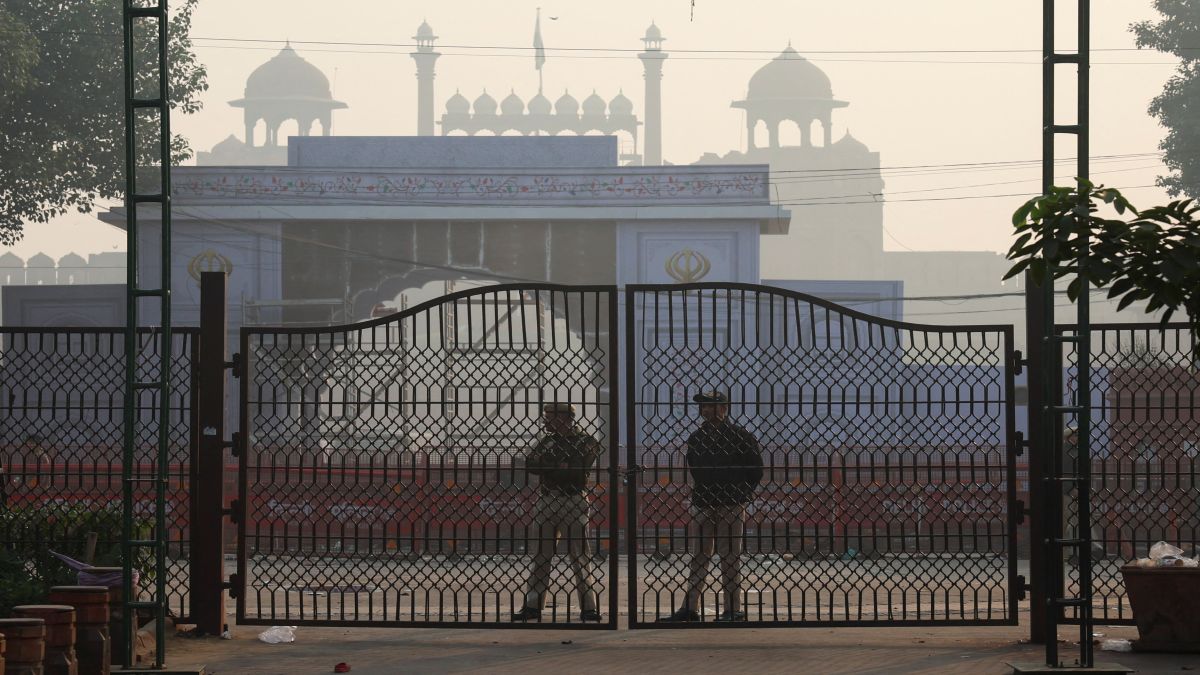)
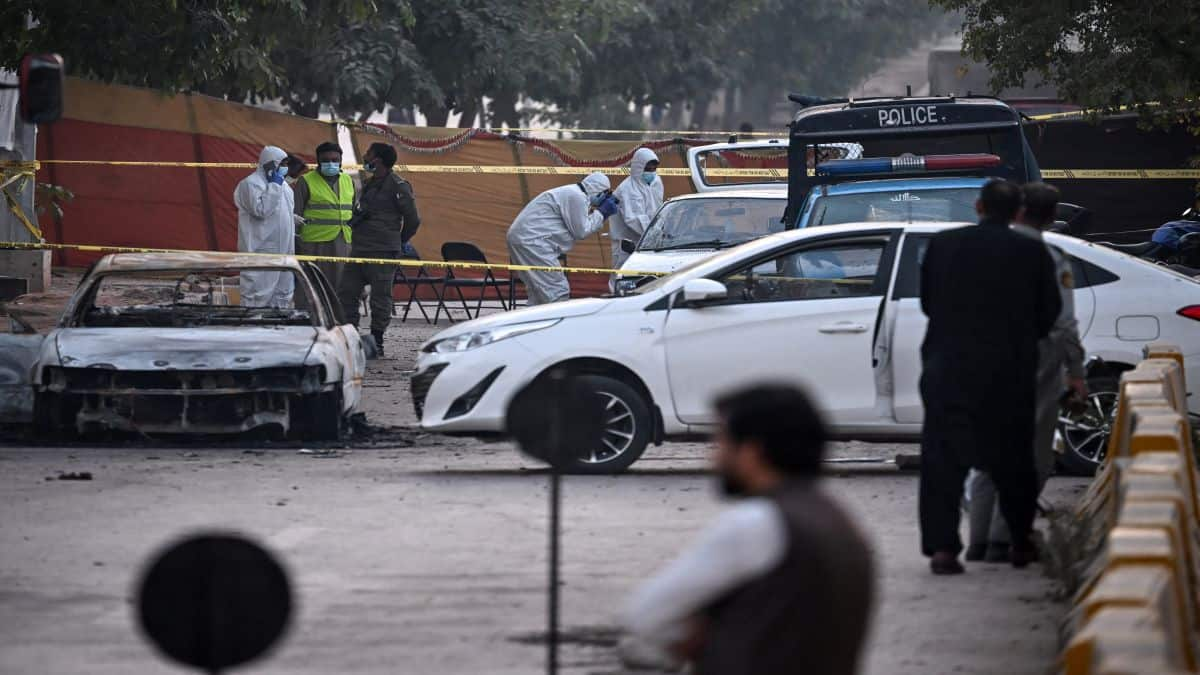
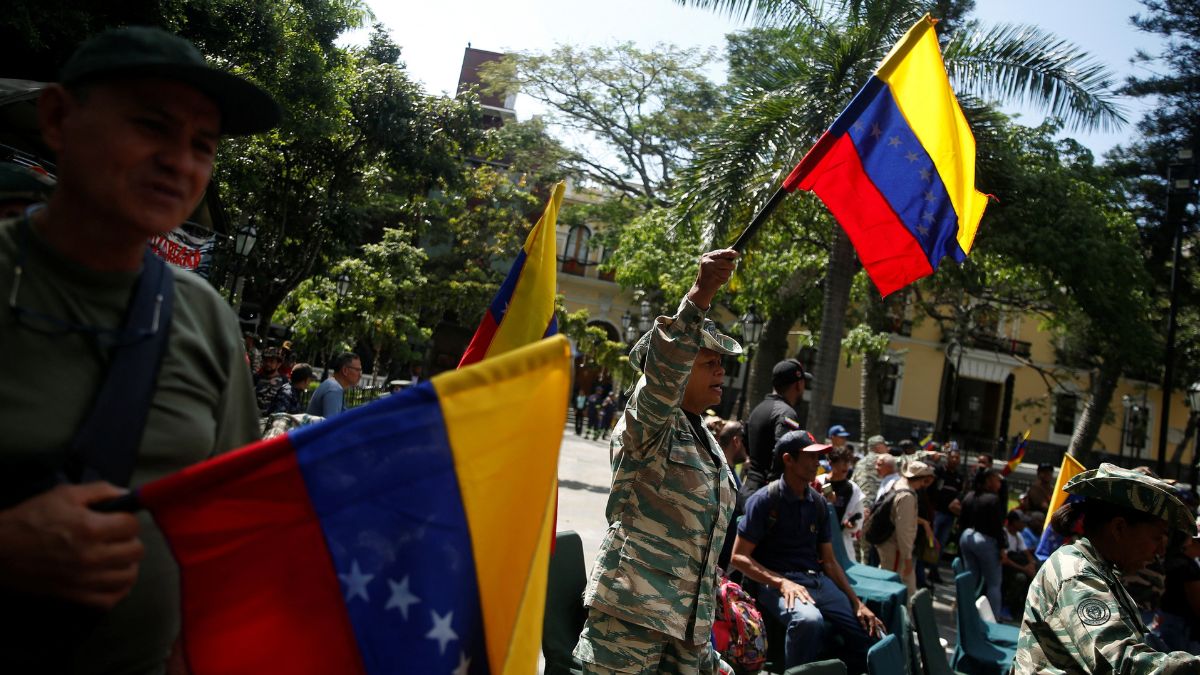)
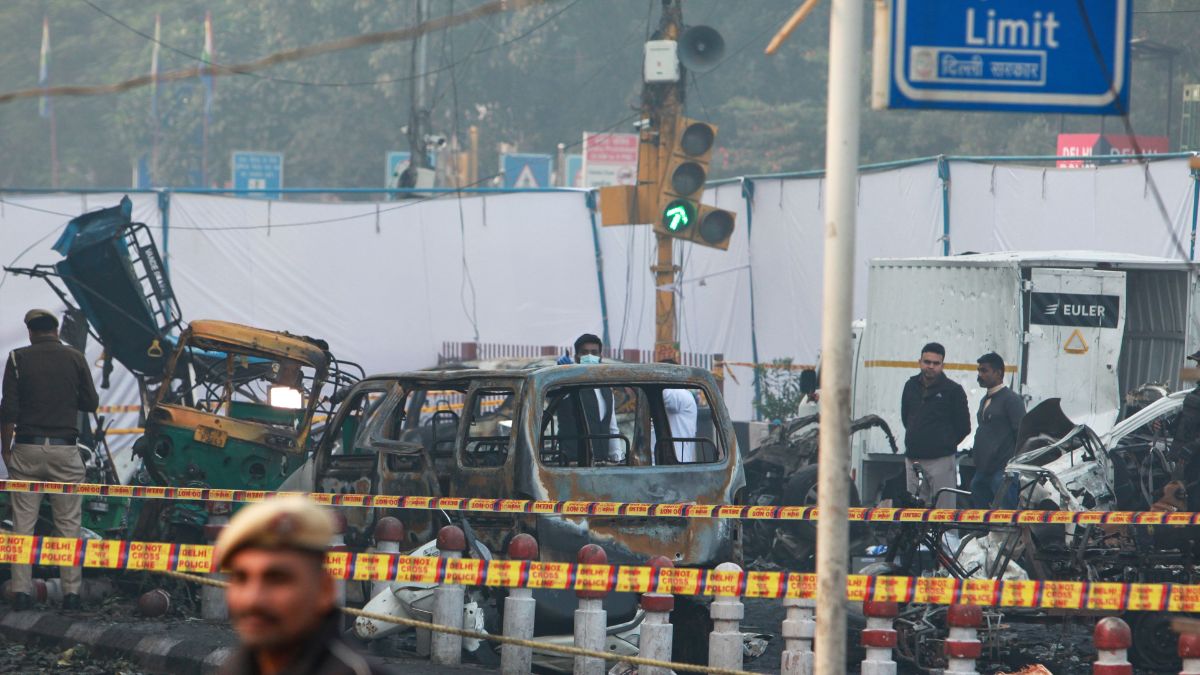)
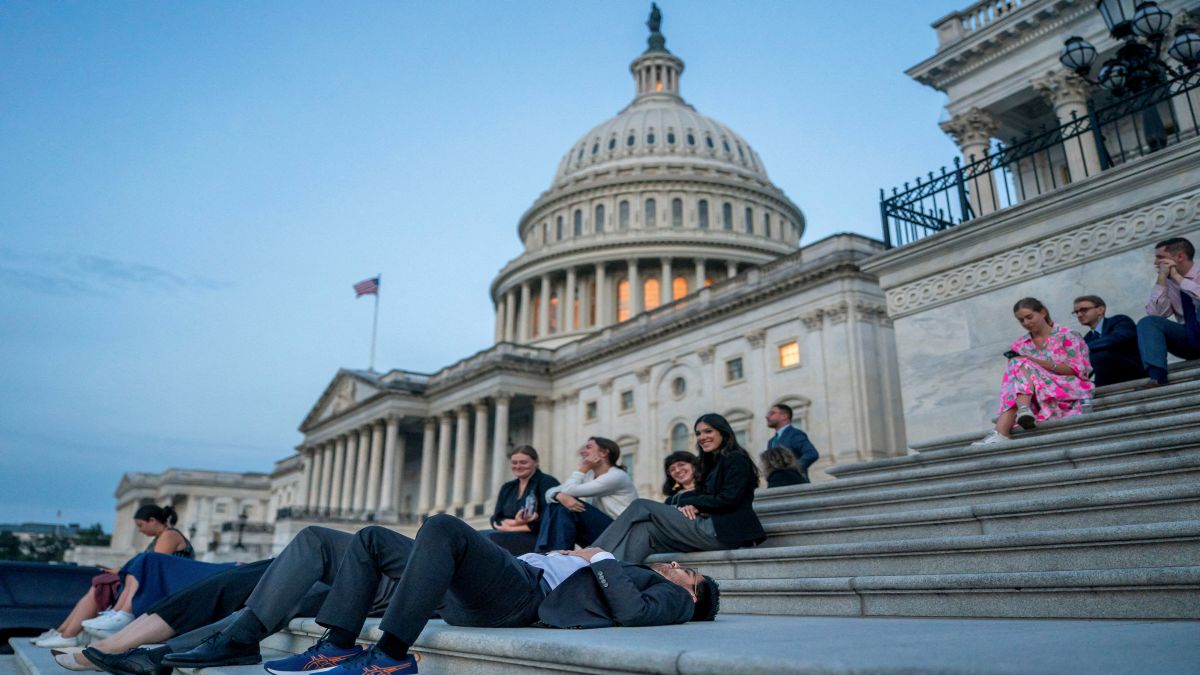)
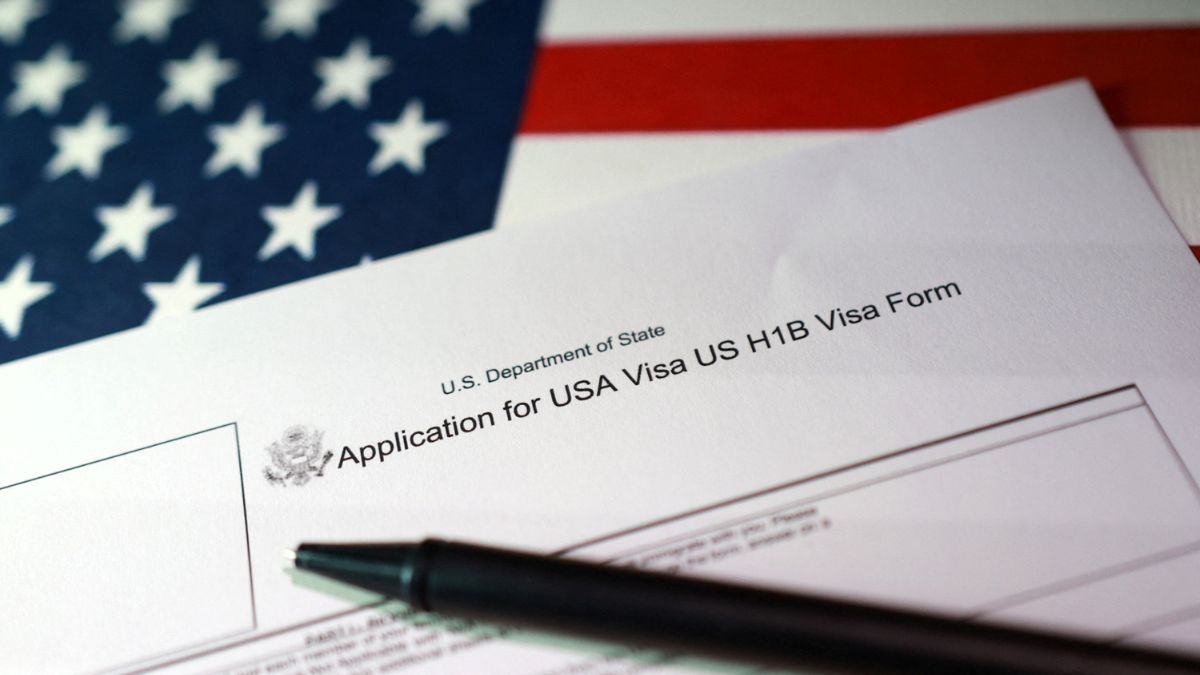)
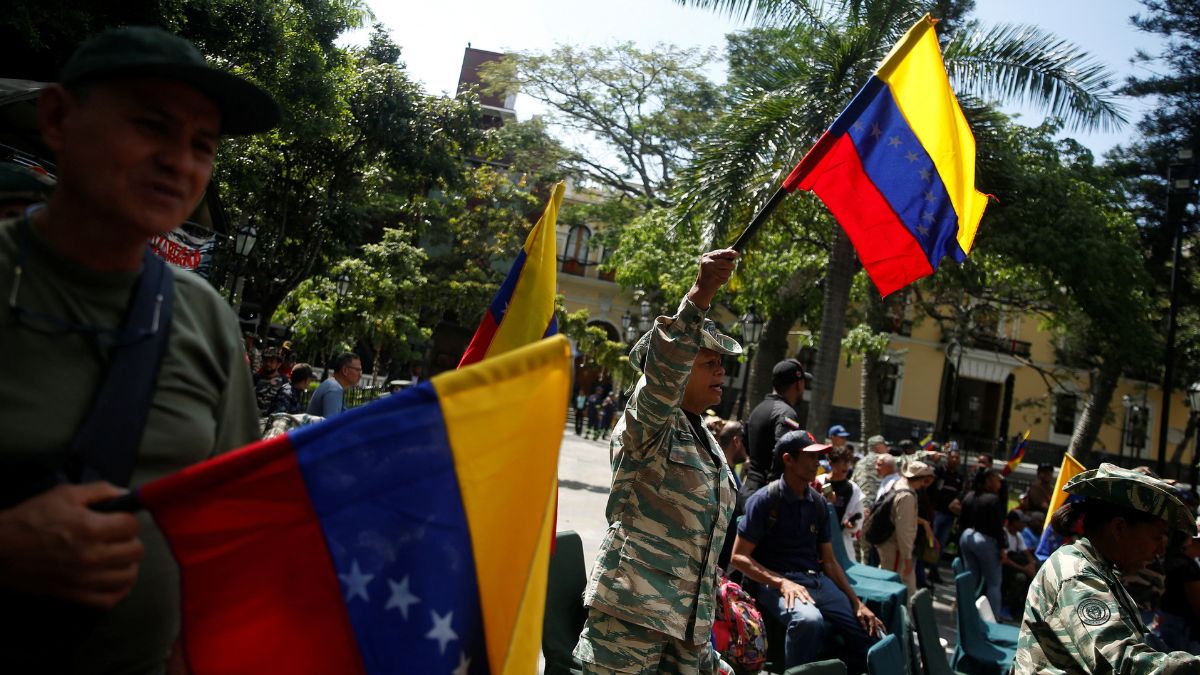)
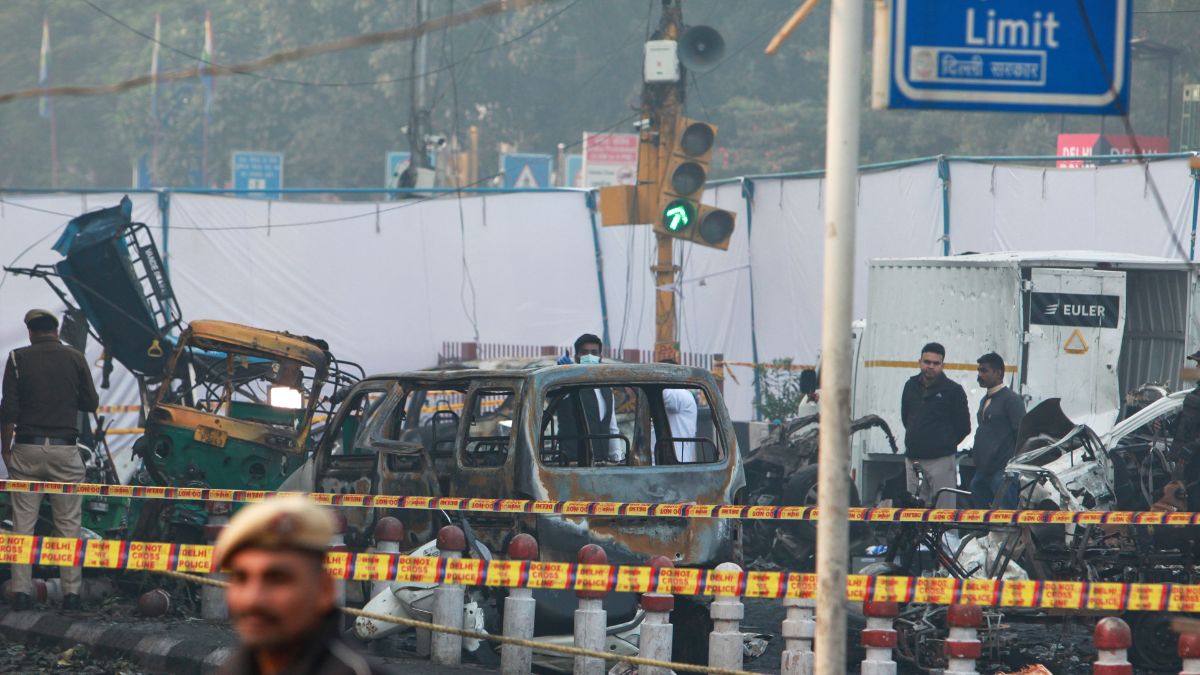)
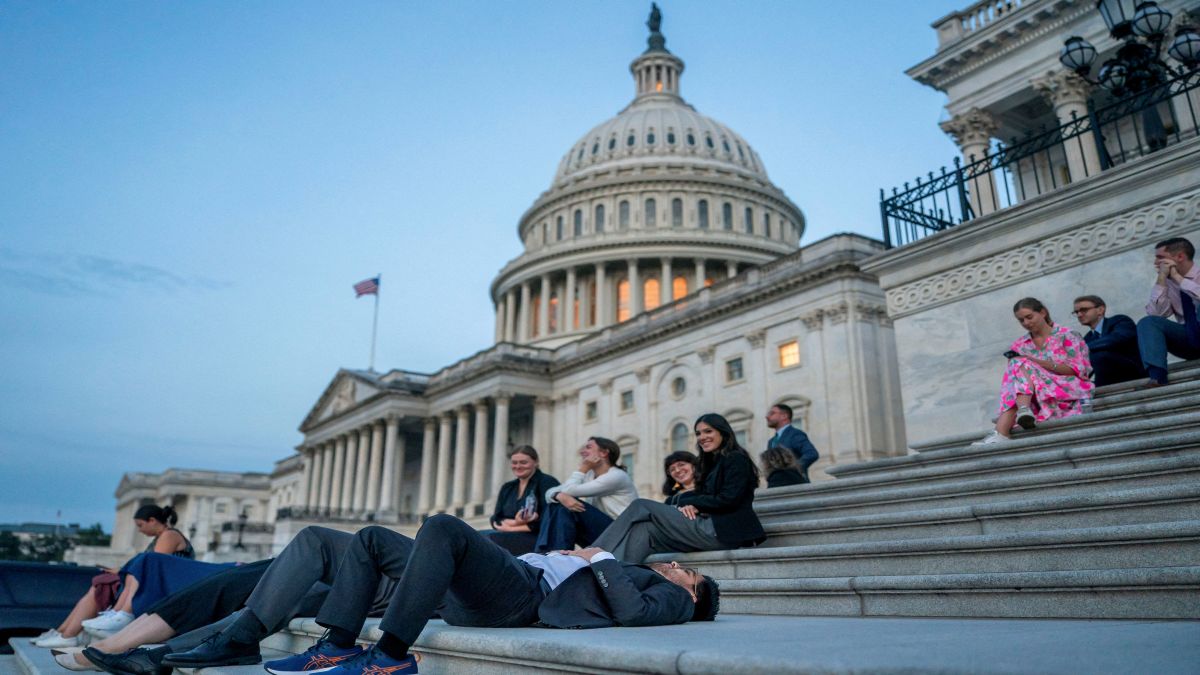)
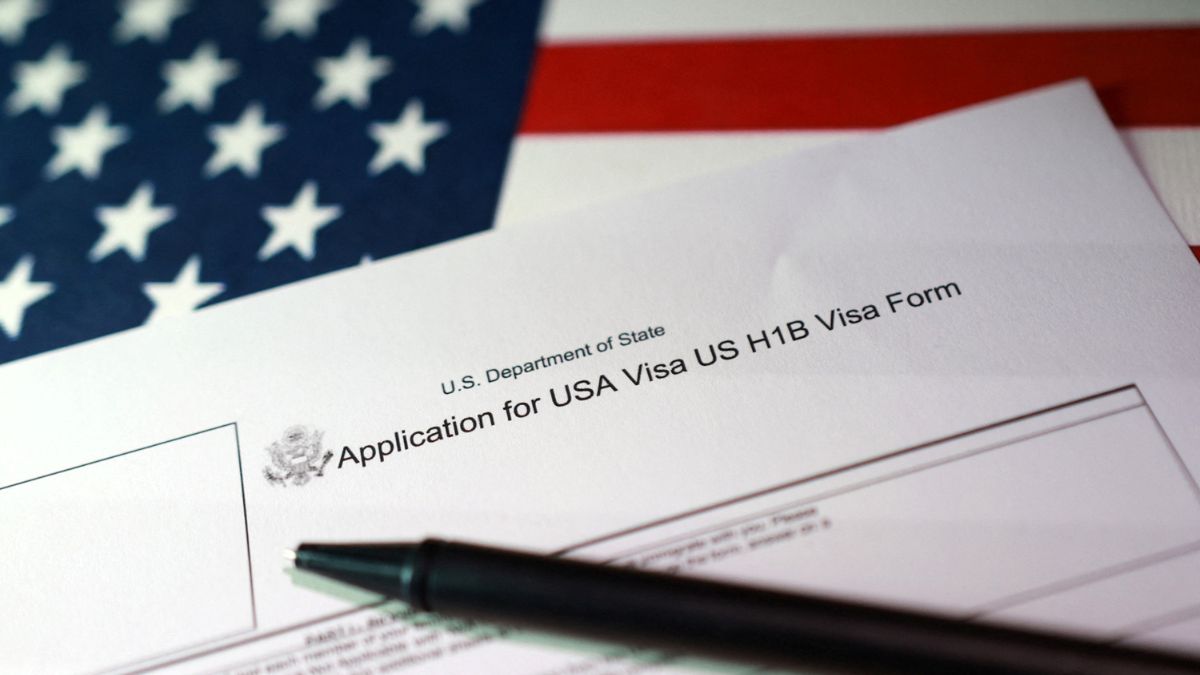)



